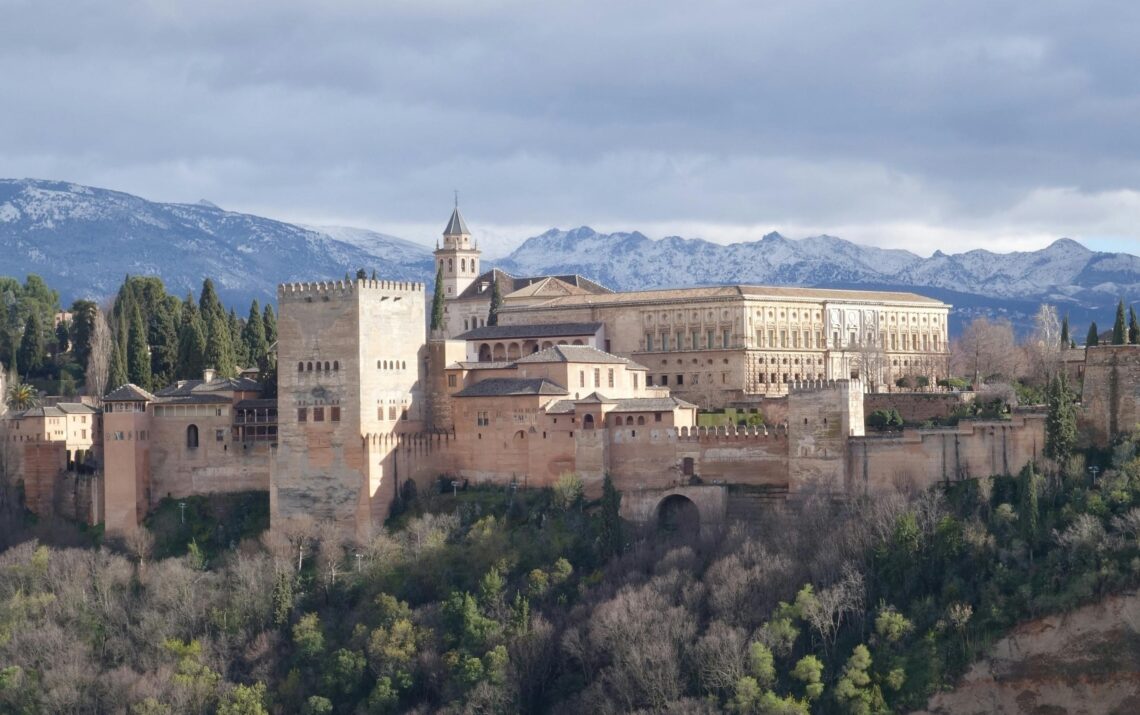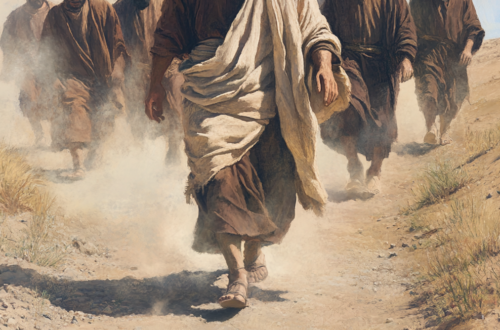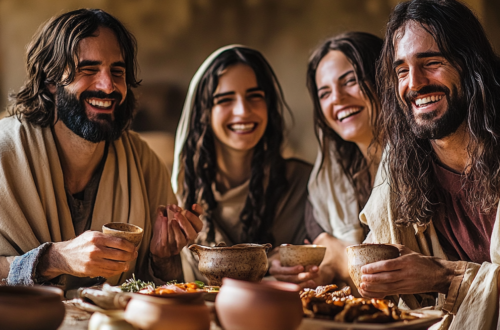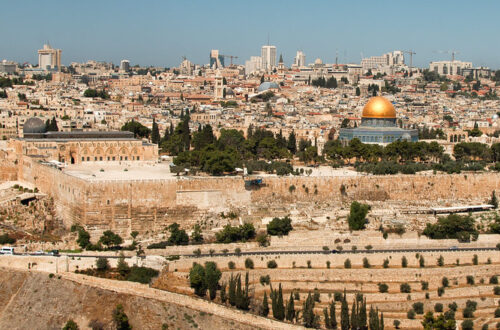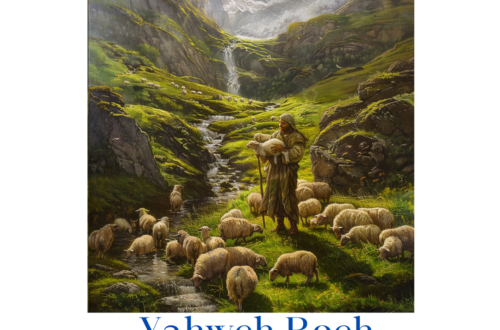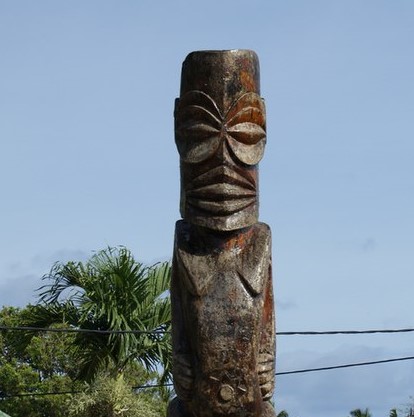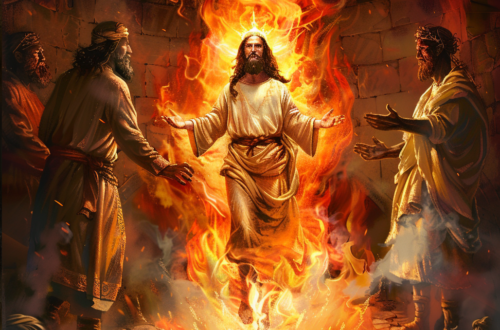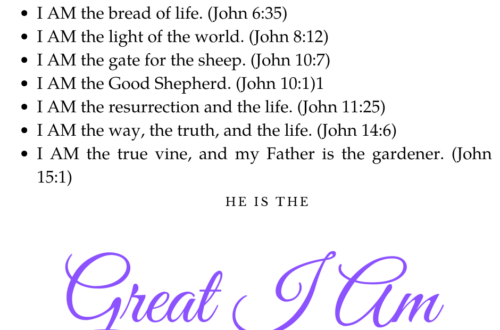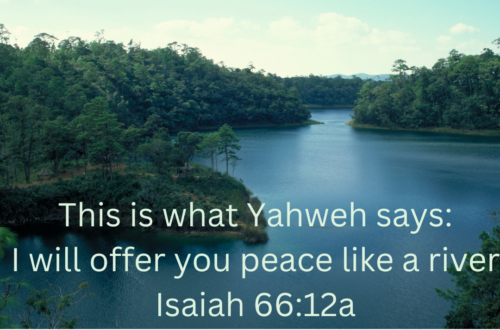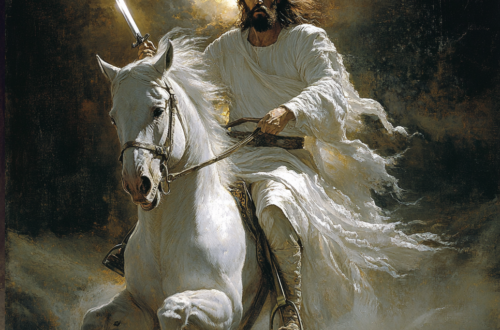-
My Refuge and My Fortress, My God in Whom I Trust
We’re in Week 20 of Ann Spangler’s Praying the Names of God for 52 Weeks. This week, it’s more of a laundry list than a name – so many good promises one name can’t contain them all. Dwelling Place – Refuge – Shield – Fortress – Strong Tower the Hebrew transliteration: Maon, Machseh, Magen, Metsuda, Migdal-Oz What wonderful promises. Two of them can be found in Psalm 91 Whoever lives under the shelter of Elyon will remain in the shadow of Shadday. I will say to Yahweh, “You are my Machseh and my Metsuda, my Elohim in whom I trust.” – Psalm 91:1-2, Names of God version Perhaps the NASB will be more familiar – He who…
-
You are the Children of El Chay
The book of Hosea paints a beautiful picture of Yahweh’s forgiveness and redemption. No, many beautiful pictures. But they don’t start out that way. When Gomer had children, Yahweh told Hosea to name one son, “Not My People” and his daughter, “Unloved.” Ouch. That’s so harsh. The names Not My People and Unloved represent judgment for the faithlessness of God’s chosen people. They chased other gods, abandoning the Husband (Ish) who loved them. But, just as the stark ugliness of the initial sketch has little resemblance to the depth and beauty of the final painting, God restores his people in the day of Jezreel. Jezreel is the name of Hosea’s…
-
El Chay – The Living God
This week’s name is awesome – El Chay, the Living God. Yahweh is throwing shade with this one. So Joshua said to the people of Israel, “Come here, and listen to the words of Yahweh your Elohim.” Joshua continued, “This is how you will know that El Chay is among you and that he will certainly force the Canaanites, Hittites, Hivites, Perizzites, Girgashites, Amorites, and Jebusites out of your way. – Joshua 3:9-10, Names of God version Why does Joshua make the distinction that Yahweh is El Chay, the Living God? Because Yahweh has ears that hear, eyes that see, and a mouth that speaks. Yes, he is Spirit, but he presented himself in…
-
What’s the Shape of a Promise?
Our name of God for week 18 is Ish, Hebrew for Husband. Serendipitously, I came up with this graphic. No, the double entendre wasn’t intentional, but it’s a great way to illustrate a biblical type. As James Hamilton puts it, a promise-shaped pattern. We’ve talked about types before. Did Abraham realize that the ram caught in the thicket was a foreshadowing of the Passover lamb, sacrificed for our sins, which was ultimately fulfilled in Jesus’s death and resurrection? No. But we have the bread crumb trail to recognize it now. When the death angel spared the Israelites in Egypt because they’d put blood on their…
-
On that Day, You Will Call Me Ish
“On that day she will call me her Ish,” declares Yahweh. “She will no longer call me her master.” – Hosea 2:16 Names of God version Ish, in Hebrew, means husband. That’s our name for this week. Doesn’t the verse above sound like some beautiful, “Once upon a time” fairy tale? My heart soars thinking of the day when all will be restored and Yahweh will be Ish. But it’s no fairy tale. It’s infinitely better and infinitely worse. That the verse comes from Hosea is a big clue. Imagine that outside, the birds are singing; the sun is shining. Inside, the groom is standing with the pastor, full of love…
